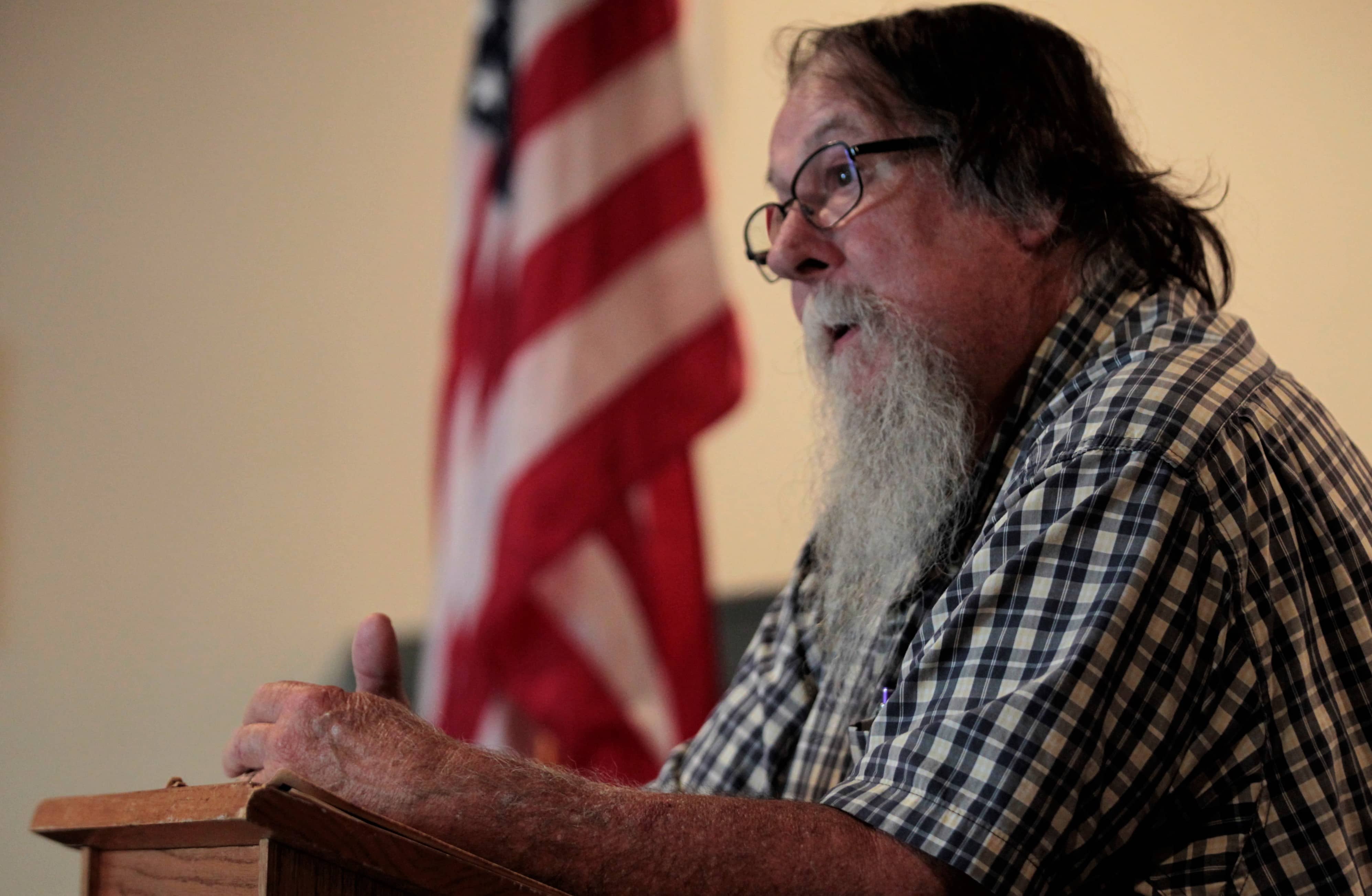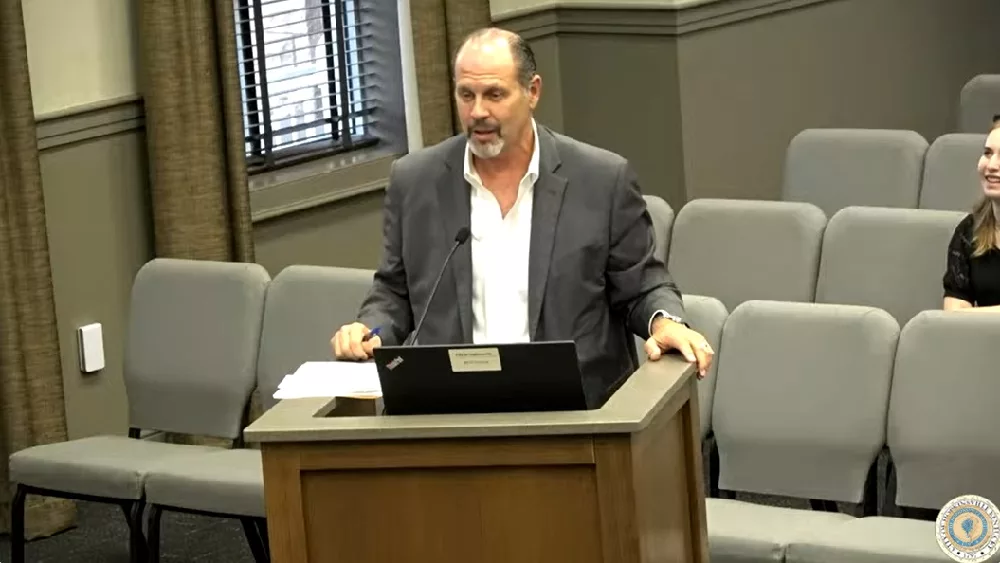
In 1832, the U.S. Supreme Court ruled in Worcester v. Georgia that “native nations were sovereign nations,” in which the “laws of Georgia [and other states] have no force.”
It was a victory for the “Five Civilized Tribes,” more commonly referred to as the Choctaw, Chickasaw, Seminole, Creek and Cherokee peoples — who looked to embrace their own customs in southeastern states and native territories.
Instead, U.S. President Andrew Jackson, and a great many associates, created the “Indian Removal Act,” and through forcible nature claimed the gold-laden hills of the South and marched more than 100,000 indigenous souls from and through nine states to Oklahoma’s Indian Territories — then part of the Louisiana Purchase.
Nearly 200 years later on a Tuesday afternoon, local historian Robert Ward could only shake his head in front of the Princeton Rotary Club — reflecting on Caldwell County’s role on this path of life and death, later dubbed “The Trail of Tears.”
Because of Big Spring and other important freshwater tributaries, Princeton he said hosted no less than three 1,000-person Indian detachments — many of them shuttled directly from Georgia up north.
In July 2009, Big Spring officially gained its certification as a historic site on the Trail of Tears National Historic Trail, which Ward noted arguably could run between 800 and 1,100 miles — depending on the selected timeline of certain Indian tribes beginning their mandatory migration.
It’s this trail, Ward noted, that’s annually biked by descendants, courtesy of a group that recently and once again paid a friendly, humble visit to Princeton.
With hopes of keeping the history accurate, prevalent and well-known, Ward also stated that the Princeton-Caldwell County Trail of Tears Commission followed in the footsteps created by Hopkinsville leadership — which opted to bring forth its historical conclave, and later its park, in 1988.
Now, Ward said he’s part of this group that remains engaged with the Caldwell County Schools — using programming and hands-on discussion to teach the past.
Ward said a handful of receipts for local purchases also linked Princeton to the painful pathway.
Ward also confirmed that the Princeton’s murals depicting Trail of Tears history remain stored in the basement of the Princeton Art Guild because they need to be retouched and repaired.
Those interested in joining the commission or taking in its programming can get their first opportunity to do so Friday, July 13, when prolific Adams, Tennesssee, historian and storyteller Rick Gregory is expected to appear at the George Coon Library for his book signing.
Ward’s visit:






